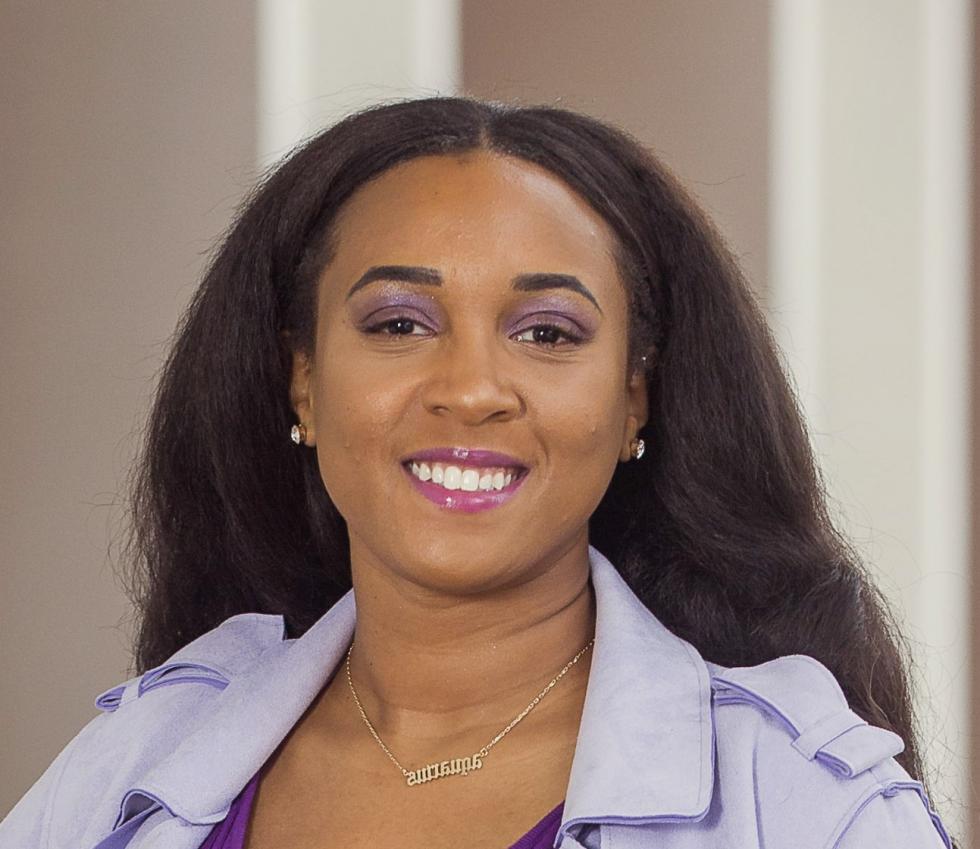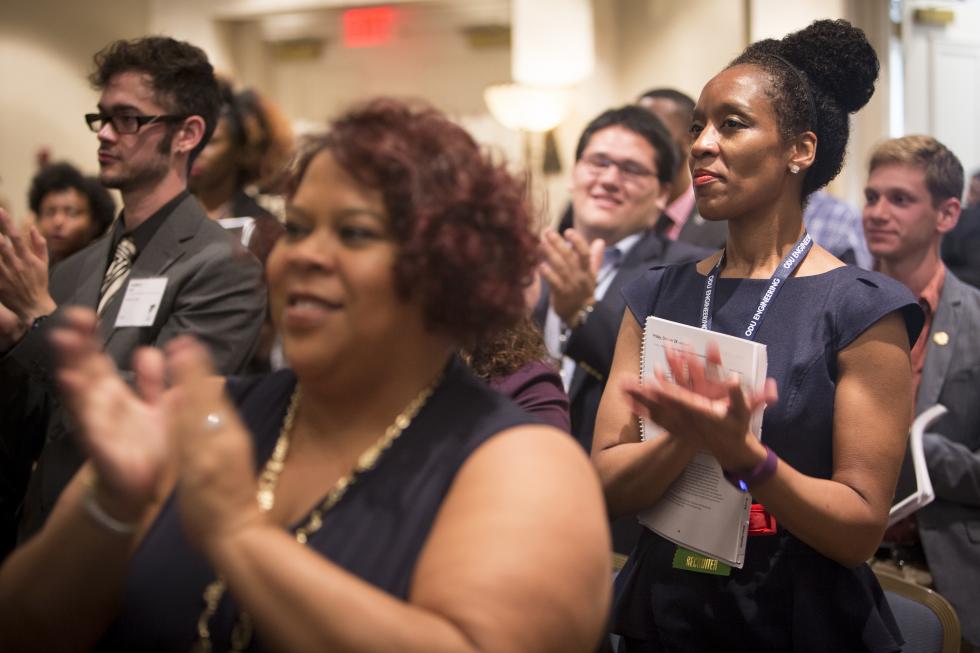Blog Main
Giving Feedback: The art of speaking up to collaborate and empower
An occasional series from the Doctoral Scholars Program on postsecondary topics
When I first started my Ph.D. program, I was taken aback that none of the talks offered to graduate students focused on how to give feedback to others. Plenty of workshops discussed how to receive feedback, but coming from an industry where feedback was encouraged and expected, I felt we were missing a part of a very important equation.
Pursuing the Ph.D. – How to Get Your Research Published
An occasional series from the Doctoral Scholars Program on postsecondary topics
Publishing a journal article is a significant milestone for a Ph.D. student’s academic journey. It showcases your contributions to your respective field and acts as a validation of your research skills and expertise. The process of publishing can often seem overwhelming and time-consuming, but with the right approach, it can be a relatively smooth experience.
Putting Yourself Before Your Work
An occasional series from the Doctoral Scholars Program on postsecondary topics
After working in research in one capacity or another for the past six years, the most common topic I hear about when speaking with fellow students is stress. We just can’t help but mention the stress of working on a time crunch, the stress of submitting grants, the stress of funding; stress is always an underlying theme to our careers and one that appears to have no end. However, not all is doom and gloom. There are many ways in which we can try to balance our work-related stress, and below are two which can get overlooked.
Structuring Your Dissertation Committee
An occasional series from the Doctoral Scholars Program on postsecondary topics
In graduate school we are bombarded with decisions. We decide whether to be quantitative, qualitative or mixed-methods researchers, what classes to take, and what topic to expand on for our dissertation. One of the most important decisions we make, though, is deciding which faculty members will sit on our dissertation committee.
Self-Care and Your Success in Graduate School
An occasional series from the Doctoral Scholars Program on postsecondary topics.
 How do you honor your mind, body and spirit? Do you even think it’s important?
How do you honor your mind, body and spirit? Do you even think it’s important?
From 2007-2014 I was a full-time doctoral student in social work at the University of Alabama. The program involved writing an annotated bibliography, writing and defending an integrative paper, taking comprehensive exams, and writing and defending a dissertation. My life was consumed with this and travel between my home state of Mississippi and my surrogate city and state, Tuscaloosa, Alabama. I made little time for self-care. I would leave Tuscaloosa on a Friday and return either Sunday evening or leave at 5:30 a.m. on Monday morning. I missed my family, friends, and the comforts of my Mississippi Delta home life. My home was my outlet.
It’s All About Community
An interview with Ansley Abraham
What’s the best advice to propel a doctoral candidate toward a successful completion of their Ph.D. goal? According to Dr. Ansley Abraham, director of the SREB-State Doctoral Scholars Program, it boils down to connecting with “people who are vested in your success.”
Dr. Abraham has been doling out that advice to doctoral students for over 25 years. In the article below, originally published on the blog – Grad | Logic: Navigating the Ups and Downs of Graduate School, Dr. Abraham shared some of his wisdom in an interview with Dr. Chris Golde.
20 Tips to Survive Graduate School
The Ph.D. journey is full of twists and turns that are easier to navigate with guidance from those who have already walked the path. We asked DSP scholars and Institute attendees to submit graduate school survival tips for those who are still on the journey.
Set goals and balance your time
1. Begin with the end in mind. Have a sense of where you want to be when you graduate and take steps to make sure you are properly prepared when you reach that goal.






